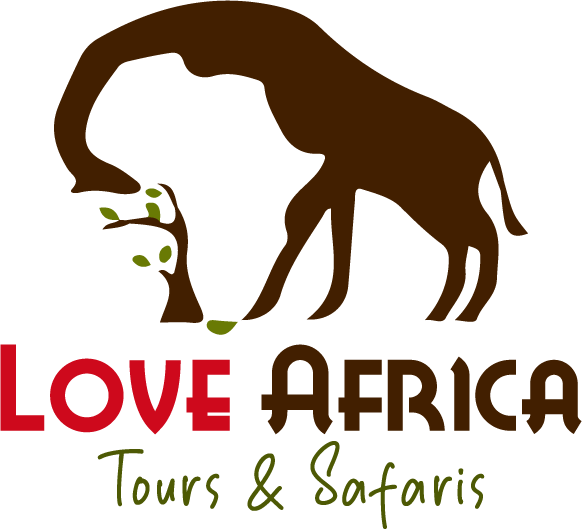The Enigmatic Maasai Tribe: A Fascinating Journey into History
Nestled in the heart of East Africa, the Maasai tribe stands as a symbol of resilience, tradition, and cultural richness. With their distinctive attire, unique customs, and deep connection to the land, the Maasai people have captured the fascination of many around the world. But what lies beneath the surface of this enigmatic tribe? Join us on a journey as we unveil the ancient origins of the Maasai tribe and explore the rich tapestry of their history.
Tracing Back the Roots: Unveiling the Ancient Origins of the Maasai Tribe
The origins of the Maasai tribe can be traced back to the Nilotic people who migrated from the Nile Valley region to East Africa around the 15th century. It is believed that the Maasai ancestors settled in the present-day Kenya and Tanzania regions, where they established a pastoralist lifestyle centered around cattle herding. This nomadic way of life allowed the Maasai to thrive in the harsh and arid lands of the savannah, forging a deep connection to the land and their cattle, which they consider sacred.
One of the defining features of the Maasai tribe is their distinctive attire, which includes vibrant red shukas (cloths) worn by both men and women. The Maasai warriors, known as morans, are renowned for their elaborate beadwork and intricate hairstyles, which signify their age, social status, and warrior prowess. Through their attire and adornments, the Maasai people express their cultural identity and traditions, passing down their customs from generation to generation.
Central to Maasai society is the institution of age sets, which play a crucial role in governing social relationships, responsibilities, and rites of passage. Young Maasai boys undergo a series of rituals and ceremonies to mark their transition into adulthood, culminating in the warrior status of the morans. This tradition of age sets fosters a sense of unity, camaraderie, and mutual support among the Maasai people, strengthening their community bonds and identity.
The Maasai tribe also holds a deep reverence for their spiritual beliefs and practices, which are rooted in a traditional animistic worldview. The Maasai believe in a supreme creator god, Enkai, who is believed to be the source of all life and blessings. Rituals, ceremonies, and sacrifices are performed to honor and appease Enkai, seeking protection, prosperity, and harmony within the community. The Maasai medicine men, known as laibon, serve as spiritual leaders and healers, mediating between the physical and spiritual realms.
As we delve into the ancient origins of the Maasai tribe, we uncover a rich tapestry of history, culture, and tradition that has endured through centuries of change and adversity. The Maasai people stand as a testament to the resilience and strength of indigenous communities, preserving their heritage in the face of modernization and globalization. Through their unique customs, beliefs, and way of life, the Maasai tribe continues to captivate and inspire us, inviting us to appreciate the beauty and diversity of the human experience.




